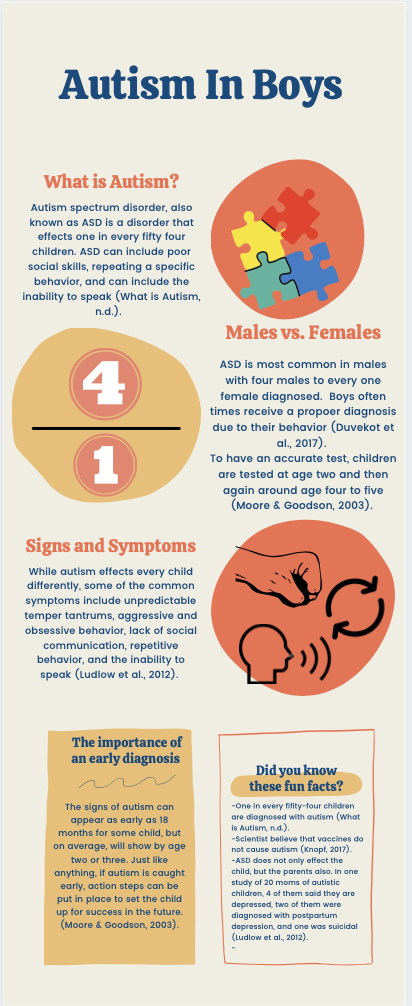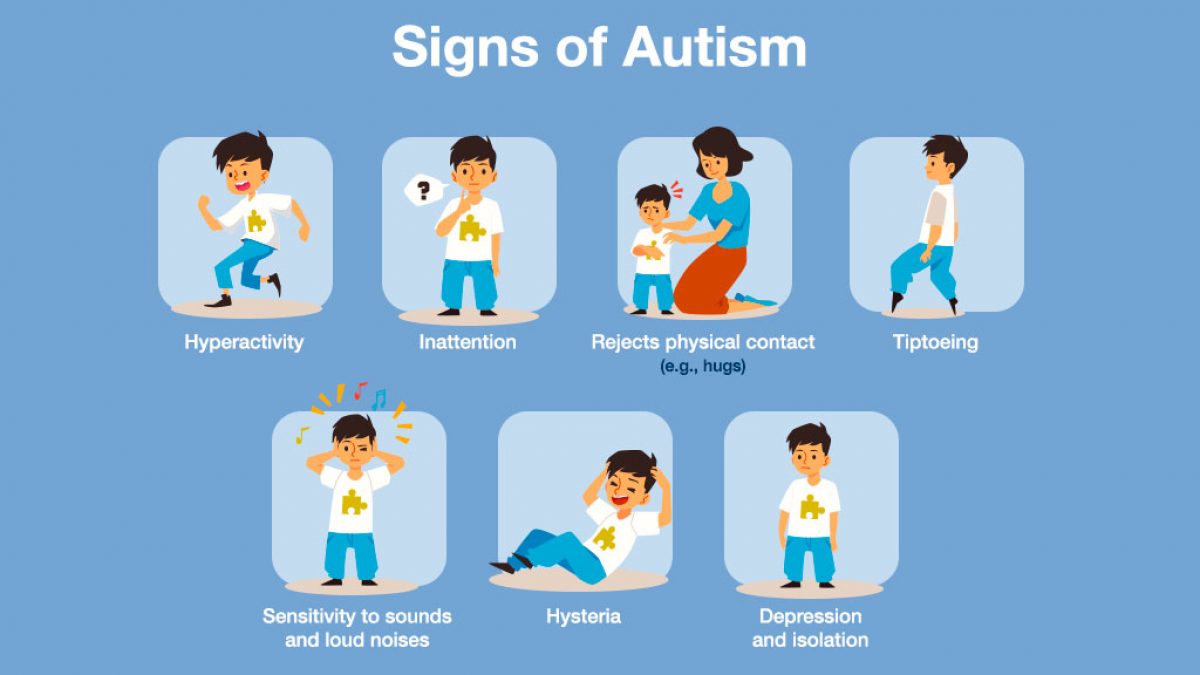Talking about ASD with siblings—tips from an Aba Therapist
Trick Indicators and Signs And Symptoms to Acknowledge in Individuals With Behavioral Autism
When you encounter a person with behavior autism, recognizing crucial symptoms and signs is essential. You may discover difficulties in social communications and communication, in addition to a solid requirement for regimens. Additionally, sensory level of sensitivities can result in overwhelming experiences. Comprehending these characteristics can boost your assistance and treatments, yet there's even more to uncover regarding exactly how these habits manifest in daily circumstances. Let's discover what these indicators really look like.
Difficulties in Social Interactions
When you connect with someone on the autism range, you might notice they have a hard time with social hints and interaction. These difficulties can make social interactions feel frustrating for them.
When they do involve, they may speak concerning their interests in wonderful information without observing if you're interested. Recognizing these difficulties can aid you come close to communications with compassion and perseverance, promoting a much more comfy atmosphere for both of you.
Trouble With Verbal and Non-Verbal Interaction

Non-verbal communication can be a lot more difficult. You might see an absence of eye contact or limited use of motions, which can make communications really feel uncomfortable. Faces may not constantly align with the discussion, bring about confusion concerning their sensations. Recognizing these signs is necessary, as it aids you much better support and engage with individuals on the autism range. By comprehending their communication obstacles, you can foster more purposeful links and provide an extra encouraging setting.
Repeated Behaviors and Routines
Interaction difficulties frequently accompany various other indications of autism, such as repeated behaviors and a strong preference for routines. You might observe that people with autism usually engage in specific, repetitive activities, like hand-flapping, rocking, or duplicating expressions. These habits can provide convenience and a feeling of control in an often frustrating globe.
When they comply with a structured timetable,Regimens are equally essential; lots of people flourish. You may discover that changes to these regimens can cause considerable distress. For instance, if they have a day-to-day routine of consuming morning meal at a specific time or following a particular route to institution, any kind of disruption can trigger anxiousness.
Recognizing these patterns assists you comprehend their habits and give assistance. By fitting their demand for regular and permitting repetitive actions, you can create a more comfortable environment that alleviates their difficulties.
Sensory Sensitivities

Usual Sensory Triggers
Sensory sensitivities can significantly influence day-to-day live for people with autism, as certain stimuli typically activate frustrating reactions. Usual sensory triggers consist of loud sounds, intense lights, and strong smells. You may notice that sudden noises, like alarm systems or sirens, cause anxiousness or distress. Similarly, fluorescent lighting in stores can really feel rough and uncomfortable. Appearances can also play a substantial role; harsh materials or certain food structures might be excruciating for you. Additionally, crowded areas can bewilder your senses, making it hard to kick back or focus. Recognizing these triggers can help you handle your environment better. By being mindful of what impacts you, you can take actions to lessen discomfort and improve your everyday experiences.
Behavioral Reactions Discussed
Recognizing your behavioral feedbacks to sensory sensitivities is vital, as they often reveal just how you communicate with the world. You may discover that particular sounds, lights, or structures bewilder you, resulting in anxiety or discomfort. When confronted with these stimuli, you could withdraw, cover your ears, and even respond strongly. These feedbacks aren't simply traits; they're your method of dealing with overstimulation. You may also locate yourself seeking particular sensory experiences, like deep stress or peaceful environments, to aid ground on your own. Recognizing these patterns helps you comprehend your requirements much better and can direct just how you communicate them to others. By acknowledging your sensory level of sensitivities, you can function in the direction of developing an environment that feels a lot more comfy and manageable for you.
Coping Techniques Review
Identifying your sensory sensitivities is just the first action; now it's time to explore coping strategies that can assist you handle those experiences properly. Beginning by developing a sensory toolkit tailored to your needs. Developing a structured regimen can likewise supply predictability, minimizing anxiety around sensory overload.
Restricted Passions and Emphasis
While many individuals develop a large array of passions, those with autism frequently demonstrate limited passions and an intense concentrate on particular topics. You might notice that somebody with autism can invest hours delving right into their favorite topic, whether it's a particular kind of train, a details movie, or a clinical principle. This extreme emphasis isn't just a hobby; it can become a main part of their identification and social communications.
You might locate that discussions rotate around these rate of interests, and they may battle to engage in wider subjects. For them, these focused rate of interests offer comfort and a feeling of proficiency. While it is necessary to motivate exploration of new topics, respecting their enthusiasms is Full Report similarly vital. By comprehending and acknowledging these restricted passions, you can cultivate a helpful atmosphere where they feel valued and recognized, enabling even more meaningful links and interactions.
Psychological Law Problems
People with autism frequently face challenges in psychological guideline, which can be affected by their extreme emphasis on particular rate of interests. You may observe that when an individual is deeply taken part in a recommended activity, they can experience solid emotions, whether exhilaration or disappointment. When things don't go as intended., this intensity sometimes makes it hard for them to shift equipments or handle their feelings - Autism Therapist.

Irregularity in Developing Milestones
When it involves developing turning points, you'll see that individuals with autism commonly reveal a large range of irregularity. Some might hit milestones on schedule, while others might delay behind or development at a different rate. As an example, you may see a youngster succeed in language abilities yet struggle with social interactions. This inconsistency can be complex, as standard benchmarks do not always use.
It's necessary to recognize that each person's journey is distinct. Observing these patterns can aid you comprehend their strengths and needs better.
Often Asked Concerns
Exactly How Is Autism Detected in Kid and Grownups?
To diagnose autism in grownups and children, experts examine habits, communication abilities, and social communications. They frequently use standard tests, meetings, and monitorings to establish if a private fulfills the criteria for autism spectrum problem.
Are There Different Types of Autism Spectrum Disorders?
Yes, there are various sorts of autism spectrum disorders, including Asperger's disorder and prevalent developmental disorder-not otherwise specified. Each kind differs in intensity and qualities, so recognizing these differences can assist you much better support people with autism.
What Therapies Are Effective for Individuals With Autism?
When thinking about effective therapies for people with autism, you'll locate options like Applied Actions Evaluation, speech therapy, and work therapy. Each method can help improve communication, social abilities, and daily operating tailored to specific requirements.
Can People With Autism Lead Independent Lives?
Yes, people with autism can lead independent lives. With the right support, skills training, and sources, you can help them establish self-sufficiency, take care of everyday tasks, and grow in different environments, cultivating their independence.
Just How Can Families Support Liked Ones With Autism?
You can sustain your enjoyed ones with autism by developing an organized environment, encouraging their passions, exercising perseverance, promoting interaction, and advertising social skills. Celebrate their achievements, regardless of exactly how small, and construct an encouraging community.
Although numerous individuals on the autism spectrum can make use of and recognize language, they often encounter considerable difficulties with both verbal and non-verbal interaction. Acknowledging these signs is necessary, as it assists you much better assistance and engage with individuals on the More about the author autism range. You might discover that people with autism often engage in details, repeated actions, like hand-flapping, shaking, or repeating expressions.Sensory sensitivities can significantly influence day-to-day life for people with autism, as specific stimulations usually cause frustrating responses.When it comes to developmental landmarks, you'll see this notice that individuals with autism commonly reveal a broad range of irregularity.